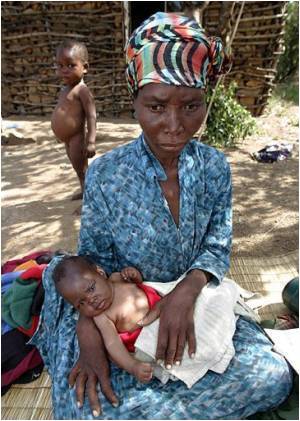A study has indicated that the psychological scars from high magnitude stressors like being in an accident or improper treatment during childhood are far more deeper than military sexual stressors.

The researchers conducted a mailed survey of 681 confirmed active duty troops registered in the VA's Enrollment Database between 2001 and 2003. Eighty-four percent of contacted troops responded.
Most prior research examining associations between military sexual stressors and psychiatric symptoms has not accounted for participants' other stressor experiences and consequently may have over- or under-estimated the association between military sexual stressors and psychiatric symptoms.
By evaluating troops' stressor experiences more comprehensively, the researchers discovered that many stressors are interrelated. For example, troops who experienced childhood maltreatment were also more likely than other participants to report military sexual stressor experiences, and they were more likely to report other high magnitude stressors.
Working in a military unit seen as tolerating sexual harassment was also associated with reporting more types of military sexual stressors and with reporting more psychiatric symptoms. Findings remained the same when men and women were analyzed separately. The researchers speculated that learning how and why childhood maltreatment increases troops' odds of experiencing military sexual stressors might lead to interventions to reduce the latter.
"Eradicating tolerance for military sexual harassment might also reduce troops' risk of experiencing military sexual stressors and reduce psychiatric symptoms," Dr. Murdoch said.
The researchers studied a unique sample of military personnel, and members of the Marine Corps were especially underrepresented. Therefore, the researchers cautioned that the results may not pertain to the Marine Corps or to the military as a whole. The researchers urged that additional studies be done in other military populations to see if their findings could be replicated.
The research was funded by the Department of Veterans Affairs Health Services Research and Development Service.
Source-Eurekalert









